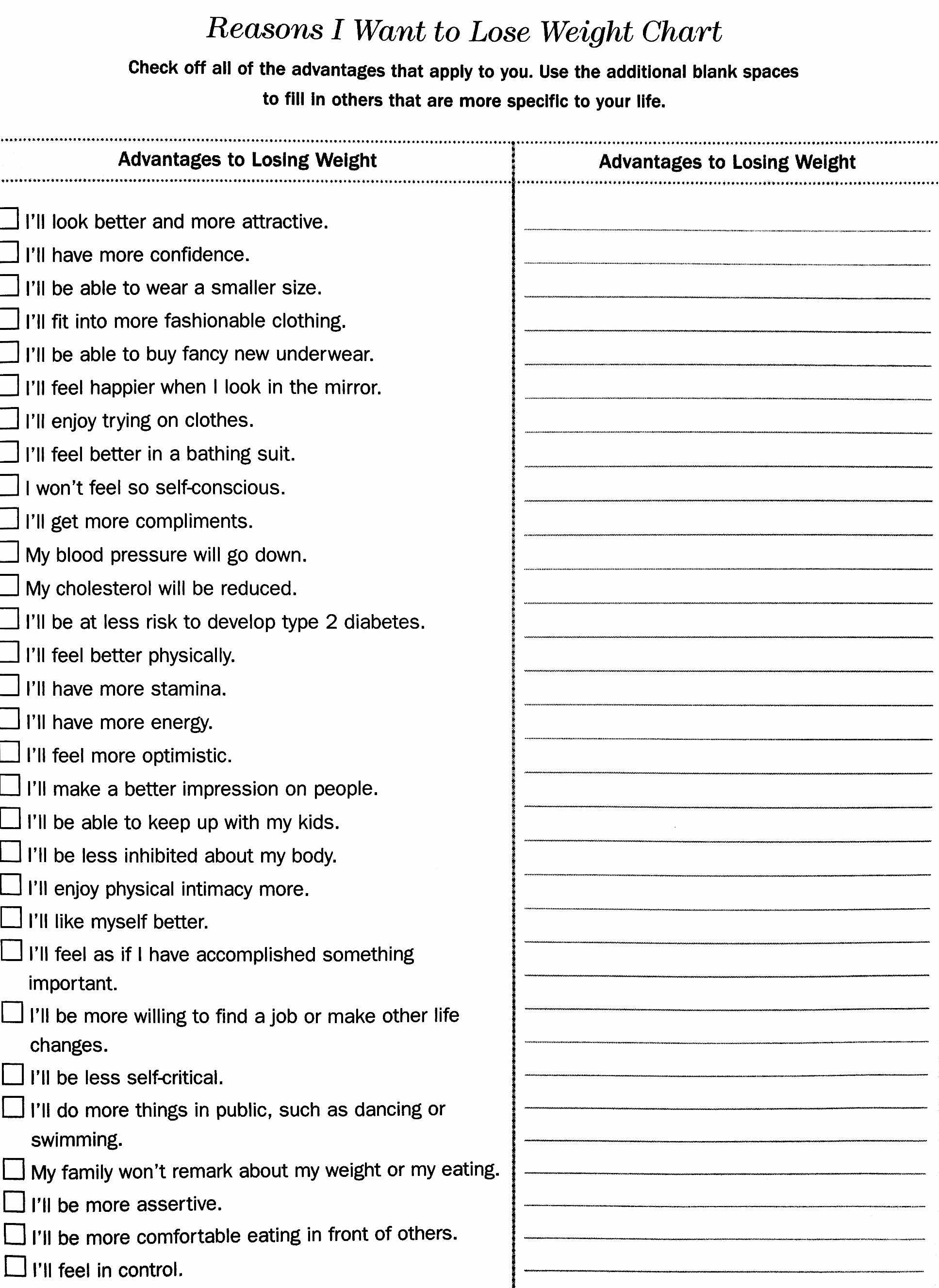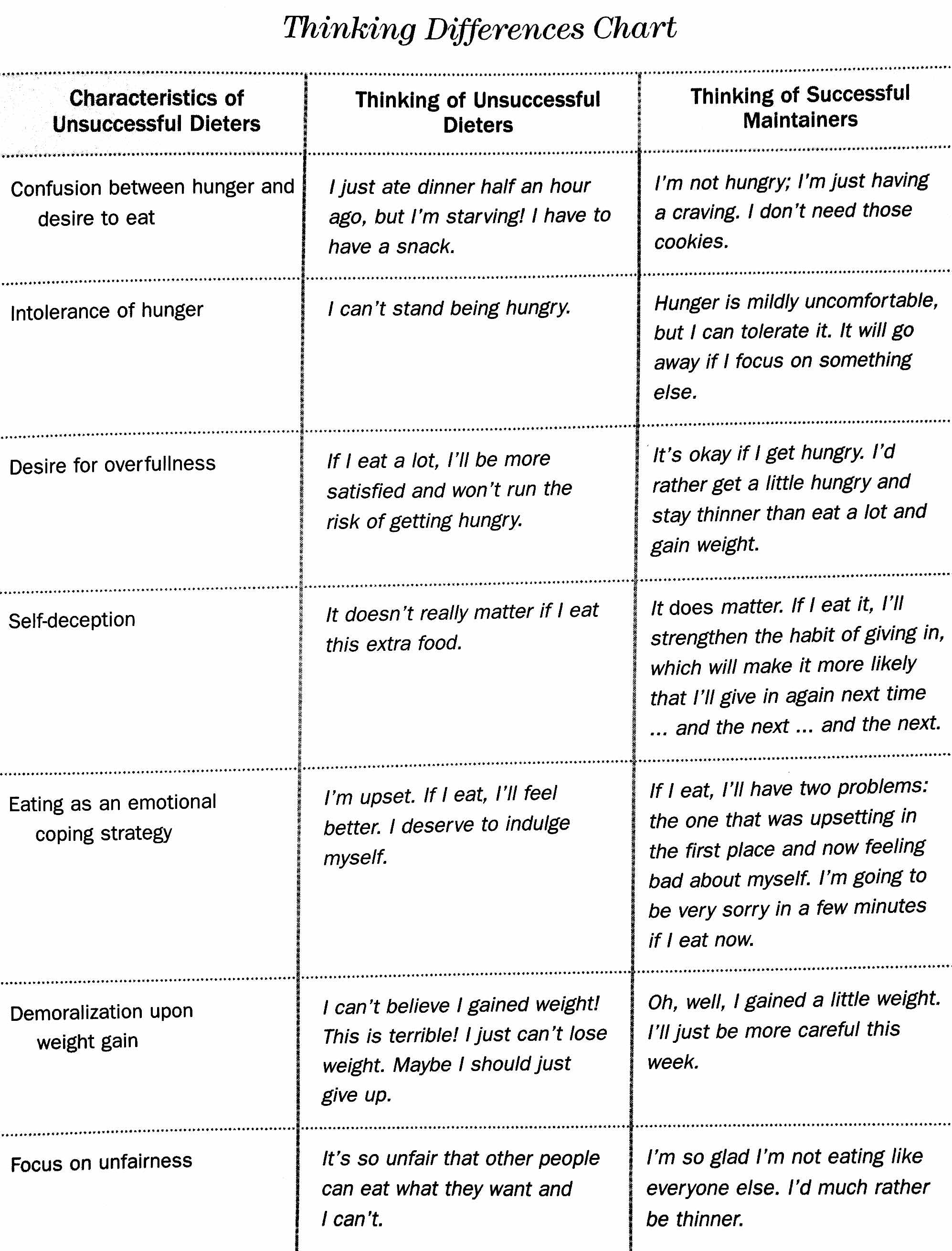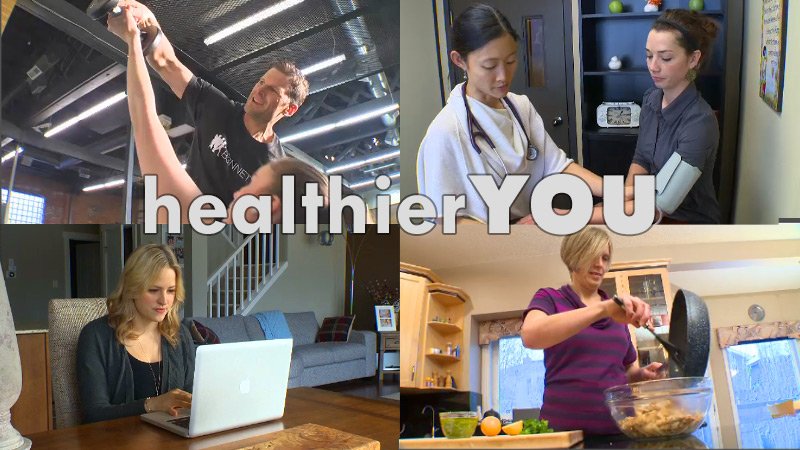Self-compassion is one of the most important ways to improve our relationship with ourselves.
Society has taught us to be perfect, work harder, achieve more, and be the best at everything we do. While it is great to have goals in life to help us grow and develop, many people struggle with not knowing when to stop. When our self worth depends on being “better” than others, we become anxious, insecure, and self critical. This competition and frequent self judgement can lead to social isolation. This self-criticism gets in the way of our brain’s social wiring goals – which is to belong and be loved.
Self-compassion is not artificially boosting ourselves up, being too easy on ourselves, or giving up. It is the actually the opposite – the source of learning, empowerment and inner strength. Our performance after failure can also be improved through self-compassion, and it helps us maintain peace of mind throughout the day.
Kristen Neff, one of the leading researchers and practitioners in the field of Self-Compassion says, “Self-compassion soothes the mind like a loving friend who’s willing to listen to our difficulties without giving advice, until we can sort out our problems for ourselves.”
Self-compassion involves facing mistakes, failure or insecurity in a different way. Self-compassion involves treating yourself with the same support, kindness, and concern you would show to a child, loved one or close friend. When facing with struggles in life (which we all experience), self-compassion involves responding with kindness rather than harshness and judgement. For example, “Mallory, that sucks you’re struggling with feeling left out. It’s OK to feel that way and many people would feel the same.” I like to use my name my self-compassion statements (see my tips on positive self talk). If you would like to learn more about self-compassion, here is a Ted Talk by Kristen Neff I highly recommend.
How Can I Get Better At Self Compassion?
Kristin Neff also has some free guided Loving Kindness Meditations as well – that are a great way to learn how to speak to ourselves differently, especially if you have no idea where to start.
And finally, here is a Self Compassion Exercise that I use with clients and myself, to practise self compassion. It often does not come naturally, so we need to have a script to repeat to ourselves – until it becomes automatic. If self-compassion is something you want to work on in your life, you can start practising either a meditation, repeating your own personalized self-compassion scripts (set an alarm), and use the worksheet. You can also personalize the worksheet to situations in your life that you are currently facing (feel free to get some ideas from family and friends too).






















